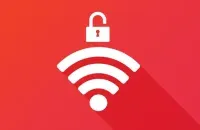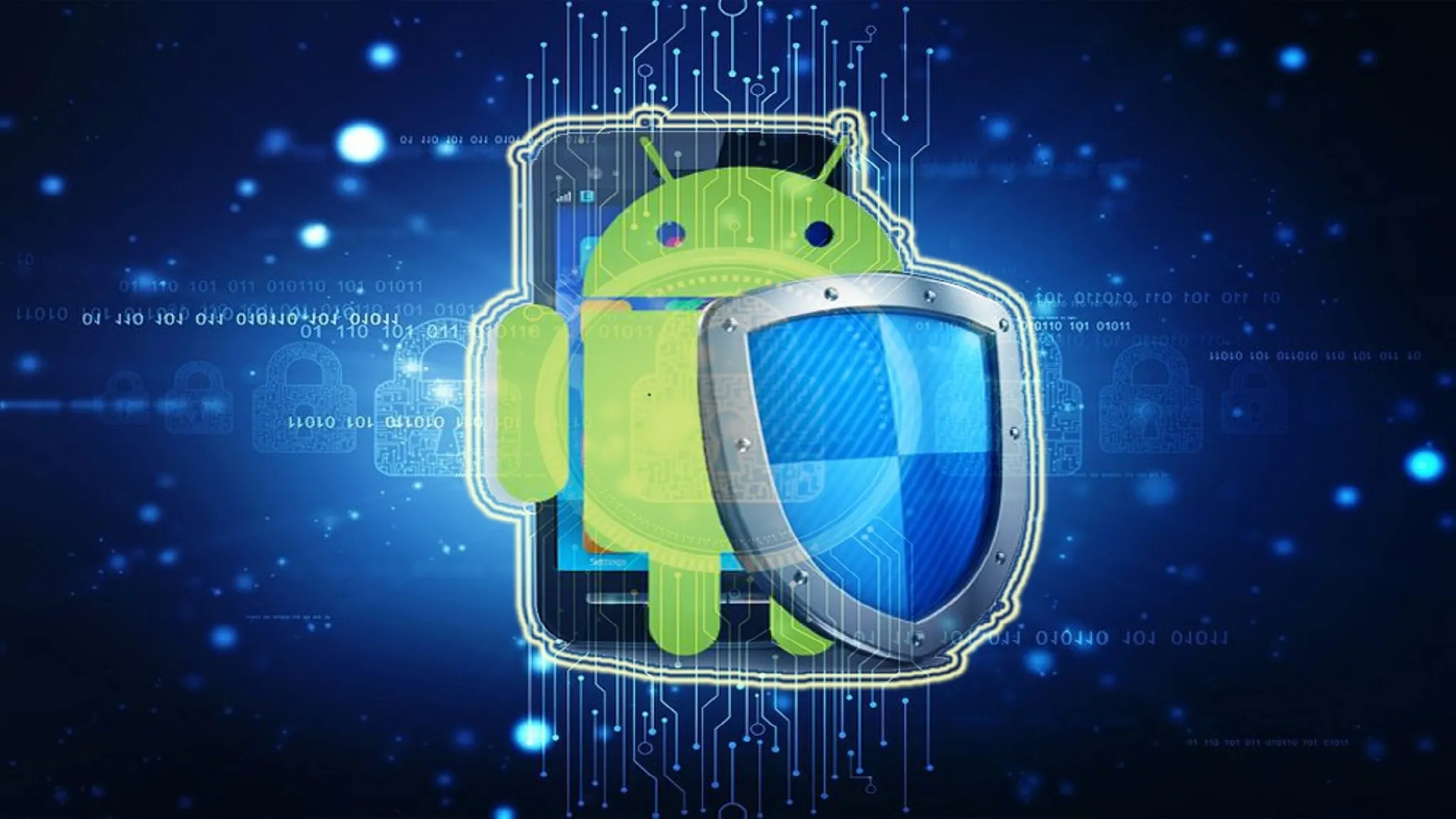
WiFi Hacking Course 2017: Full WiFi Hacking Encyclopedia 
This comprehensive course provides a comprehensive introduction to Wi-Fi hacking, covering the latest tools and processes from the ground up. It is designed to help beginners become professional hackers. ▼
ADVERTISEMENT
Course Feature
![]() Cost:
Cost:
Paid
![]() Provider:
Provider:
Eduonix
![]() Certificate:
Certificate:
No Information
![]() Language:
Language:
English
![]() Start Date:
Start Date:
Self Paced
Course Overview
❗The content presented here is sourced directly from Eduonix platform. For comprehensive course details, including enrollment information, simply click on the 'Go to class' link on our website.
Updated in [March 06th, 2023]
This WiFi Hacking Course 2017: Full WiFi Hacking Encyclopedia provides a comprehensive overview of the latest tools and processes for hacking WiFi networks. It is designed to help beginners become professional hackers, and covers topics such as using the latest hacking tools, understanding the process of hacking, and more. The course is divided into several modules, each focusing on a different aspect of WiFi hacking. It also includes tutorials and exercises to help students gain a better understanding of the material. By the end of the course, students will have a thorough understanding of WiFi hacking and be able to use the latest tools and processes to hack into networks.
[Applications]
The application of this course can be seen in the field of cybersecurity. After completing this course, students can use the knowledge and skills acquired to protect their own networks from malicious attacks, as well as to detect and prevent any unauthorized access to their networks. Additionally, they can use the knowledge and skills to help organizations and businesses protect their networks from malicious attacks. Furthermore, they can use the knowledge and skills to help organizations and businesses detect and prevent any unauthorized access to their networks.
[Career Paths]
1. Cyber Security Analyst: Cyber security analysts are responsible for protecting an organization’s computer networks and systems from cyber-attacks. They use their knowledge of WiFi hacking to identify potential security threats and develop strategies to protect the organization’s data. This job is in high demand due to the increasing number of cyber-attacks and the need for organizations to protect their data.
2. Penetration Tester: Penetration testers use their knowledge of WiFi hacking to test the security of an organization’s networks and systems. They use various tools and techniques to identify potential vulnerabilities and develop strategies to mitigate them. This job is in high demand due to the increasing number of cyber-attacks and the need for organizations to protect their data.
3. Network Security Engineer: Network security engineers are responsible for designing, implementing, and maintaining secure networks. They use their knowledge of WiFi hacking to identify potential security threats and develop strategies to protect the organization’s data. This job is in high demand due to the increasing number of cyber-attacks and the need for organizations to protect their data.
4. Ethical Hacker: Ethical hackers use their knowledge of WiFi hacking to identify potential security threats and develop strategies to protect the organization’s data. They use various tools and techniques to identify potential vulnerabilities and develop strategies to mitigate them. This job is in high demand due to the increasing number of cyber-attacks and the need for organizations to protect their data.
[Education Paths]
1. Computer Science Degree: A computer science degree is a great way to learn the fundamentals of computer programming, networking, and security. With this degree, you will gain the skills necessary to develop and maintain secure networks, as well as the ability to create and debug software applications. Additionally, you will learn the basics of cryptography and digital forensics, which are essential for understanding and preventing cyber-attacks. As technology continues to evolve, the demand for computer science graduates is expected to increase.
2. Cyber Security Degree: A cyber security degree is a great way to gain the knowledge and skills needed to protect networks and systems from malicious attacks. This degree will teach you the fundamentals of computer security, including network security, cryptography, and digital forensics. You will also learn how to develop secure software applications and how to detect and respond to cyber-attacks. With the increasing number of cyber-attacks, the demand for cyber security professionals is expected to grow.
3. Information Technology Degree: An information technology degree is a great way to learn the fundamentals of computer systems and networks. With this degree, you will gain the skills necessary to design, develop, and maintain secure networks and systems. Additionally, you will learn the basics of programming, database management, and system administration. As technology continues to evolve, the demand for information technology professionals is expected to increase.
4. Network Security Degree: A network security degree is a great way to gain the knowledge and skills needed to protect networks and systems from malicious attacks. This degree will teach you the fundamentals of computer security, including network security, cryptography, and digital forensics. You will also learn how to develop secure software applications and how to detect and respond to cyber-attacks. With the increasing number of cyber-attacks, the demand for network security professionals is expected to grow.
Pros & Cons

Comprehensive and informative content.

Engaging and well-presented seminar.

Provides a solid foundation in WiFi hacking.

Lack of advanced techniques.

Limited practical exercises.

Insufficient depth in certain topics.
Course Provider

Provider Eduonix's Stats at AZClass
Discussion and Reviews
0.0 (Based on 0 reviews)
Explore Similar Online Courses

C# Scripting in Unity: The Observer Pattern

Introducing JavaScript Course

Python for Informatics: Exploring Information

Social Network Analysis

Introduction to Systematic Review and Meta-Analysis

The Analytics Edge

DCO042 - Python For Informatics

Causal Diagrams: Draw Your Assumptions Before Your Conclusions

Whole genome sequencing of bacterial genomes - tools and applications

Ryan Montgomery - #1 Ethical Hacker Who Hunts Child Predators Catches One Live On Podcast SRS #56

Become Master in Ethical Hacking with Android (without Root)


Start your review of WiFi Hacking Course 2017: Full WiFi Hacking Encyclopedia